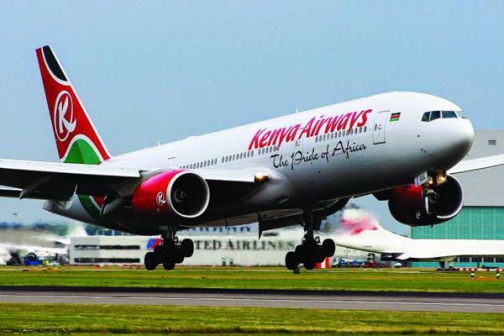×
The Standard e-Paper
Kenya’s Boldest Voice

Kenya Airways is ending the controversial contract with a global consultancy firm which has cost it a staggering Sh2.3 billion in ten months.
Instead, the airline will hire the consultant, McKinsey of US, when it is needed as opposed to the previous arrangement where the firm had permanently set up shop at the airline.